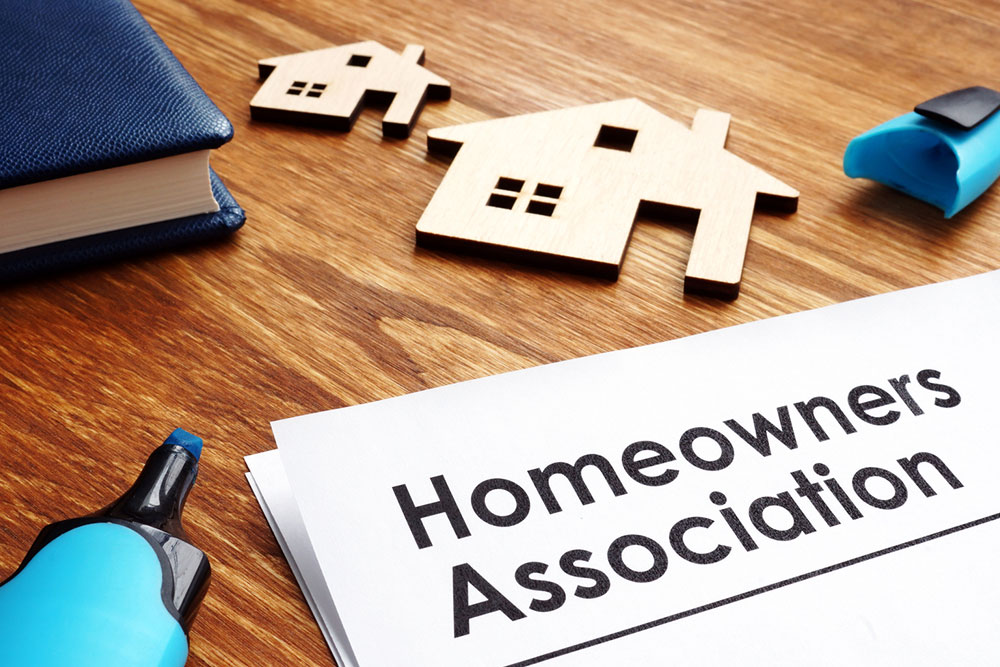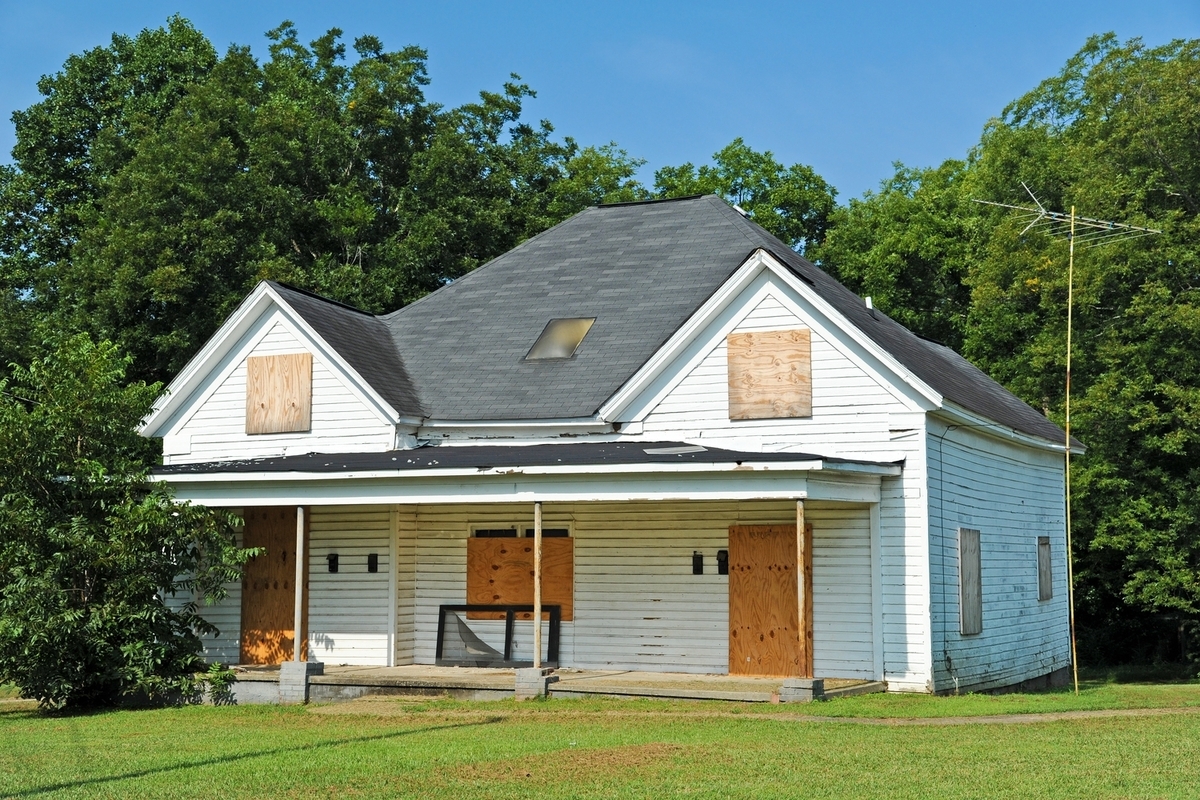Comprehensive Guide to Homeowners Associations: Management, Regulations, and Community Living
This comprehensive guide explores homeowners associations (HOAs), detailing their management, rules, regulations, online resources, and how they influence community living. It provides homeowners and prospective buyers with essential insights to navigate HOA responsibilities, financial management, and community standards effectively, ensuring a harmonious and well-maintained neighborhood environment.

Comprehensive Guide to Homeowners Associations: Management, Regulations, and Community Living
Homeowners associations (HOAs) play a vital role in shaping the living experience within many residential communities, ranging from small subdivisions to large condominium complexes. Understanding the responsibilities, regulations, and management practices of HOAs can significantly help prospective homebuyers, current residents, and community leaders navigate the complexities of shared living environments. This extensive overview aims to shed light on every aspect of HOAs, from their formation and authority to financial management and online resources, offering newcomers and residents a detailed understanding of how these organizations function and impact community life.
What Exactly Is a Homeowners Association?
A homeowners association is a legal entity created to oversee and manage a specific residential community. Its primary responsibility is to uphold community standards, enforce rules, and maintain shared amenities. When an individual purchases property within an HOA’s jurisdiction, they typically become a member automatically, with responsibilities including paying regular dues and abiding by community guidelines. HOAs vary greatly in their strictness and scope; some enforce rigid rules intended to preserve property values and aesthetics, while others adopt a more relaxed approach that encourages individual expression.
In essence, an HOA acts as a governing body that ensures the neighborhood remains a desirable place to live, balancing the interests of residents with the needs of property maintenance and community cohesion.
Understanding the Rules and Regulations of HOAs
The cornerstone of any HOA is its set of rules, often codified as covenants, conditions, and restrictions (CC&Rs). These documents define what residents can and cannot do, primarily focusing on protecting property values and maintaining neighborhood harmony. It’s essential for homeowners and prospective buyers to familiarize themselves with these regulations before committing to a purchase, as they directly influence daily living and property customization.
Common restrictions include:
Guidelines for roofing materials and siding choices
Standards for lawn care, landscaping, and outdoor aesthetic appeal
Approved color palettes for painting homes
Design and placement rules for fences, swimming pools, sheds, and other structures
Street parking restrictions and management of visitor spots
Policies regarding outdoor decorations, holiday displays, and signage
In addition to these aesthetic standards, many HOAs implement policies addressing pet ownership, noise levels, smoking regulations, rental procedures, running home-based businesses, and restrictions on short-term rentals like Airbnb. These rules collectively aim to balance individual freedoms with community harmony, preventing conflicts and ensuring a high quality of living.
Financially, HOAs collect dues—typically ranging from $200 to $400 monthly, though in luxury communities, dues can be significantly higher. These fees fund routine maintenance, landscaping, community amenities, and reserves for future large-scale projects or emergency repairs. If the association’s reserves are insufficient, special assessments may be levied on members to cover unexpected expenses.
The HOA board, composed of elected residents, both manages community finances and enforces rules. They have the authority to impose fines, place liens on delinquent properties, and oversee maintenance projects. This enforcement mechanism ensures compliance and preserves the community’s standards.
Accessing HOA Information and Resources Online
Most homeowners associations provide dedicated online platforms where residents can access essential documents and stay updated on community matters. These websites typically host the CC&Rs, financial statements, meeting minutes, upcoming events, and contact details for HOA management or board members. Having a centralized digital resource makes it easier for residents to obtain information, submit complaints or queries, and participate in community governance.
When considering purchasing a property within an HOA, prospective buyers should request access to these documents to ensure they understand community rules and financial obligations. Verifying the accuracy and currency of HOA documents is critical to avoid surprises or misunderstandings once moved in.
If information appears incomplete or outdated, contacting the HOA directly or consulting with a real estate agent familiar with the community can provide clarity. Transparency in HOA operations fosters trust and helps residents feel more connected and informed about their living environment.
Choosing the Right Property Management Company for HOAs
While many HOA boards are run by volunteers who dedicate time and effort without monetary compensation, managing a community’s needs can become demanding and complex. To ensure smooth operations, some homeowners associations opt to hire professional property management firms. Selecting an appropriate management company involves careful evaluation of community needs, service scope, and budget constraints.
Assessing Community Needs
Community boards should first identify key priorities—such as lawn maintenance, facility upkeep, conflict resolution, and financial management—to determine what services are essential. This assessment guides the selection process, helping the board find a management partner capable of addressing specific challenges and supporting community goals effectively.
Checking Licensing and Accreditation
Legal frameworks often require property management companies to hold specific licenses—these vary by state. State licensing ensures adherence to industry standards and accountability. Additionally, choosing providers accredited by recognized industry organizations like the Community Associations Institute (CAI) adds a layer of professionalism and competency. Such accreditation signifies that the company follows best practices and adheres to ethical guidelines.
Valuing Service Quality Over Cost
Although budget considerations are important, selecting the lowest-cost bidder should not compromise service quality. Comparing service packages, understanding what each fee covers, and reviewing client references can help boards avoid unqualified firms that cut corners or lack relevant experience. Investing in reputable management can enhance community satisfaction and reduce long-term issues.
Contract Review and Legal Safeguards
Before signing agreements, a thorough legal review is essential. Engaging a qualified attorney ensures the contract includes clear terms regarding scope of work, fee structure, termination clauses, and dispute resolution. Contracts should also specify responsibilities for both parties, safeguarding the HOA’s interests and fostering a productive management relationship.





